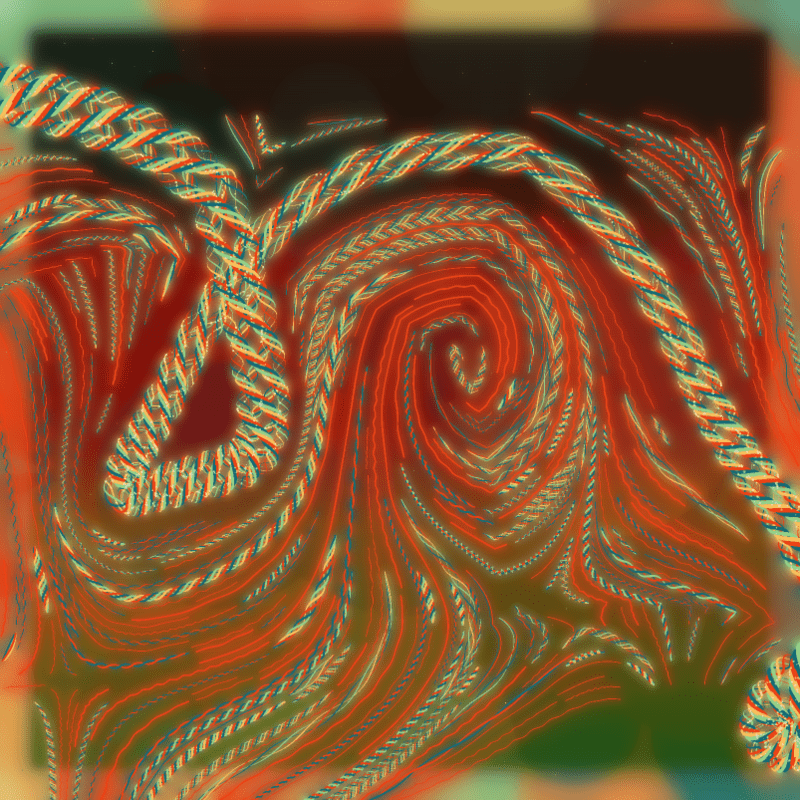1of1
A collectors' club works with institutions to develop exhibition opportunities for dynamic works of digital art.
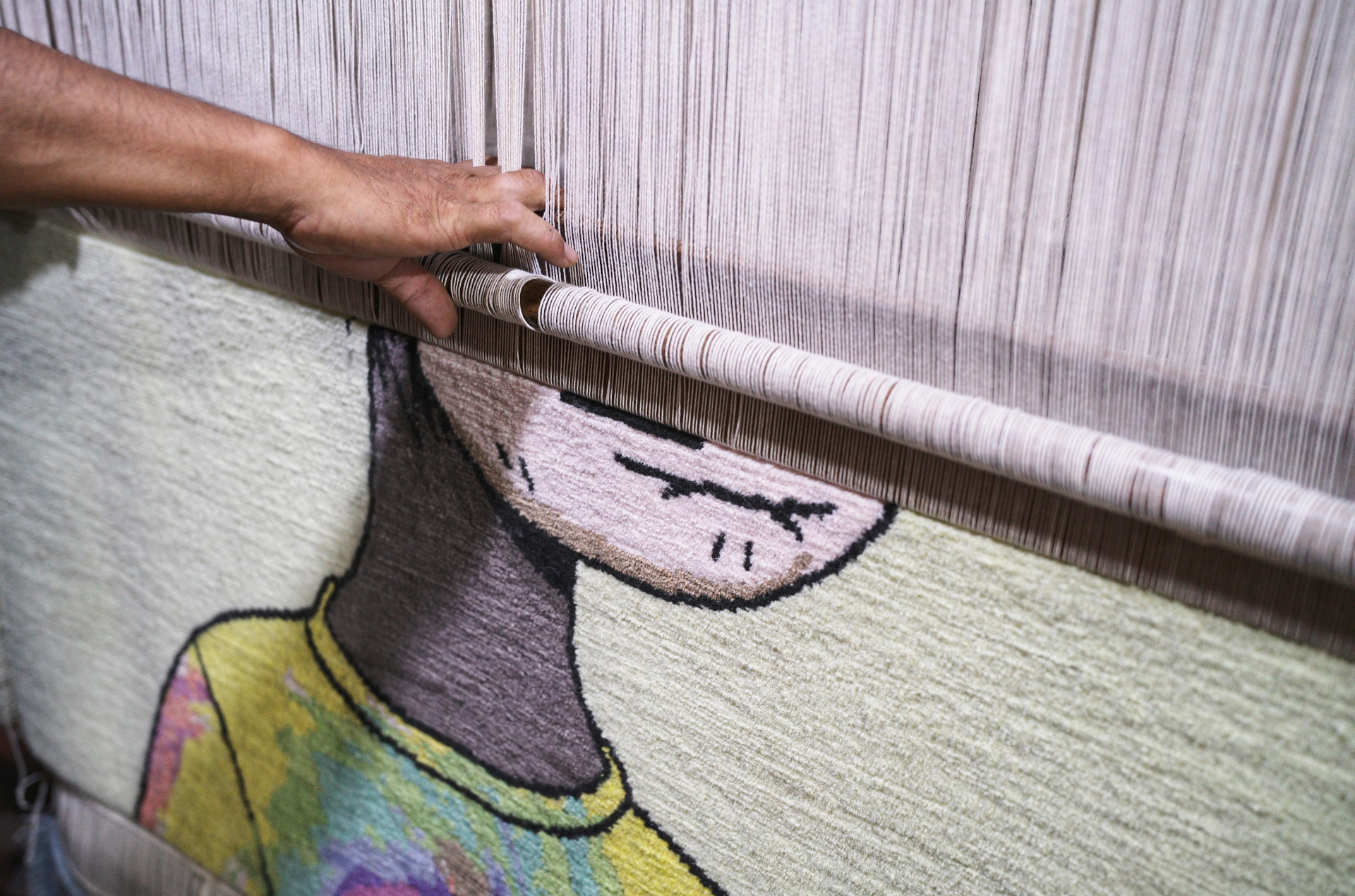
Since joining the Web3 Foundation in 2019, where she is China community lead and councilor of the interoperability protocol Polkadot, the investor and entrepreneur Qinwen Wang has dedicated herself to promoting blockchain technologies and their artistic uses. But rather than looking for ways to supplant the physical with the digital, she believes in building bridges between the two worlds. In March 2021, for instance, she co-produced “Virtual Niche,” an early in-person exhibition of NFTs that, fortuitously enough, opened at UCCA Labs in Beijing just days after the record-breaking Beeple sale at Christie’s, guaranteeing plenty of headlines. Her own art collection is an eclectic mix of digital pieces and three-dimensional work. Below Wang shares some highlights from her wallet and home—and explains why she sees investing in web3 companies as an important part of her role as a collector.
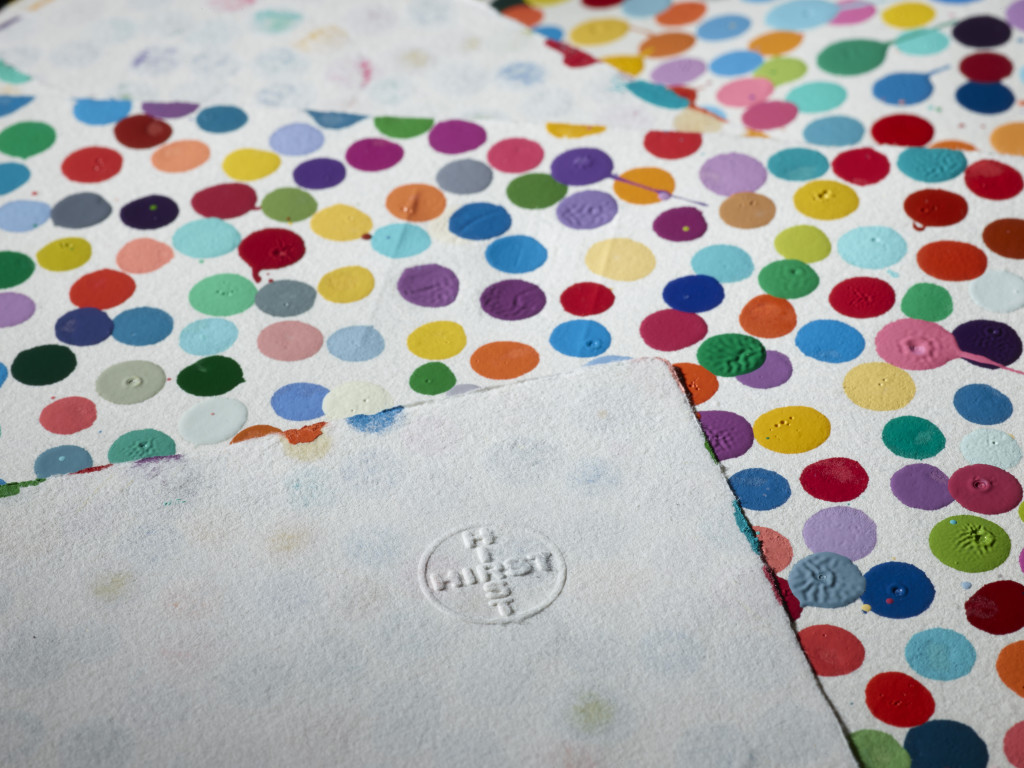
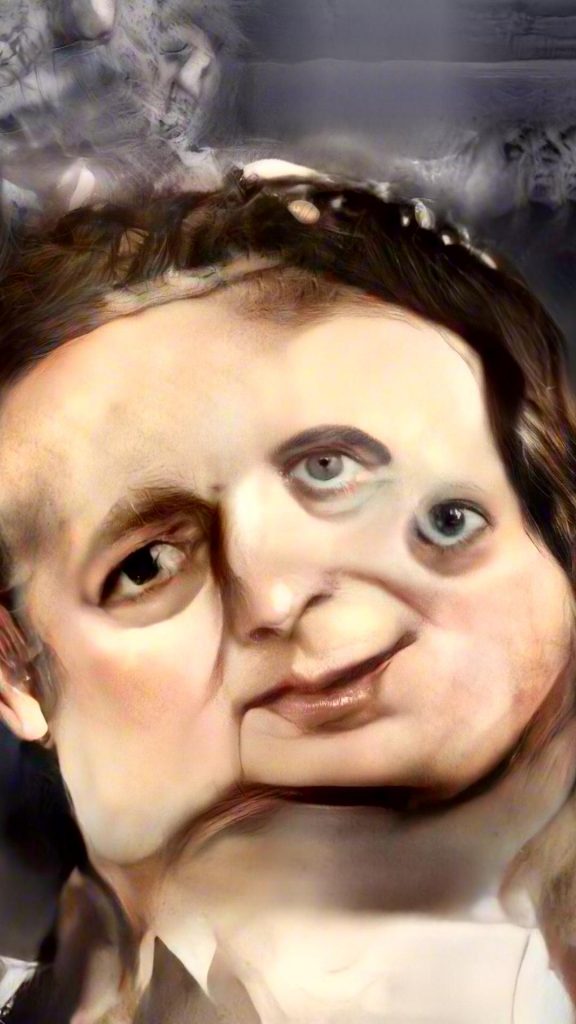
My background is a combination of art and technology. I started drawing when I was around five years old. My mother put me in art school in kindergarten, and I attended all these art competitions around China. But my career has been in business and management. My job in VC was what introduced me to the early Ethereum community, because we were investing in the technology. I started going to meet-ups in Shanghai. In 2019 I joined Gavin Wood’s Web3 Foundation, as China community lead and councilor of its flagship project, Polkadot. That year I was a speaker at the Christie’s Art + Tech summit, and I have since partnered with both Christie’s and Sotheby’s on collecting and education initiatives. It’s important to me to bring art and artists to the conversation about web3—and vice versa.
The first work of digital art I collected, also in 2019, was an AI piece by the artist Mario Klingemann: 79530 Self Portraits (2018). Klingemann was showing in “Automat and Mensch” at Kate Vass Galerie in Zurich, an exhibition of AI and generative art. The gallery had also exhibited CryptoPunks the previous year. It was around this time that I had the realization that on-chain Ethereum projects like CryptoPunks or CryptoKitties—what we would later start to call NFTs—were having an impact on art and the art market. That this was a new movement.
The exhibition “Virtual Niche,” which I co-produced with Sun Bohan (the founder of BCA Labs), was developed as a celebration of this movement. We wanted to show works by artists like Beeple, Robbie Barrat, and Robert Alice in a major exhibition in a museum. The show opened at UCCA Lab in Beijing in March 2021, just days after the Christie’s Beeple sale. We were lucky with our timing. Everyone was so curious: What is an NFT? Why is it so expensive? And we were right there.
I think about my own collecting in different ways. One aspect is my investment in web3 and NFT companies. I’m an investor in Superrare and BCA Labs. I was also an early investor in the NFT ticketing company YellowHeart. I see these investments as part of the force driving web3 forward. And the other aspect is the works themselves. My home in Shanghai is currently under renovation, but usually I have a dedicated wall of TV screens for showing digital art. I am particularly drawn to butterflies—I even got a butterfly tattoo in my younger days. One of my favorite pieces is The Return of Nature (India), 2020, by Timo Helgert. It shows the Taj Mahal surrounded by trees and green grass and butterflies. You can hear birds tweeting. It’s so pretty, I think it’s like Monet for the digital age.
Although I am a great believer in web3, I don’t see the digital as replacing the physical world. We still need the human touch. As well as NFTs I own some “traditional” works, including Candida Höfer’s large-scale photographs and a butterfly piece by Damien Hirst. I’m actually planning to come to London soon to trade in my NFT from Hirst’s Currency project for a work on paper. Maybe I’m old-fashioned but I want the physical artwork. For one thing, Hirst’s spot works give back really good value from the primary market to the secondary market. But I also just want to hang the piece in my home. As a member of the Polkadot network, I’m obsessed with polka dots.
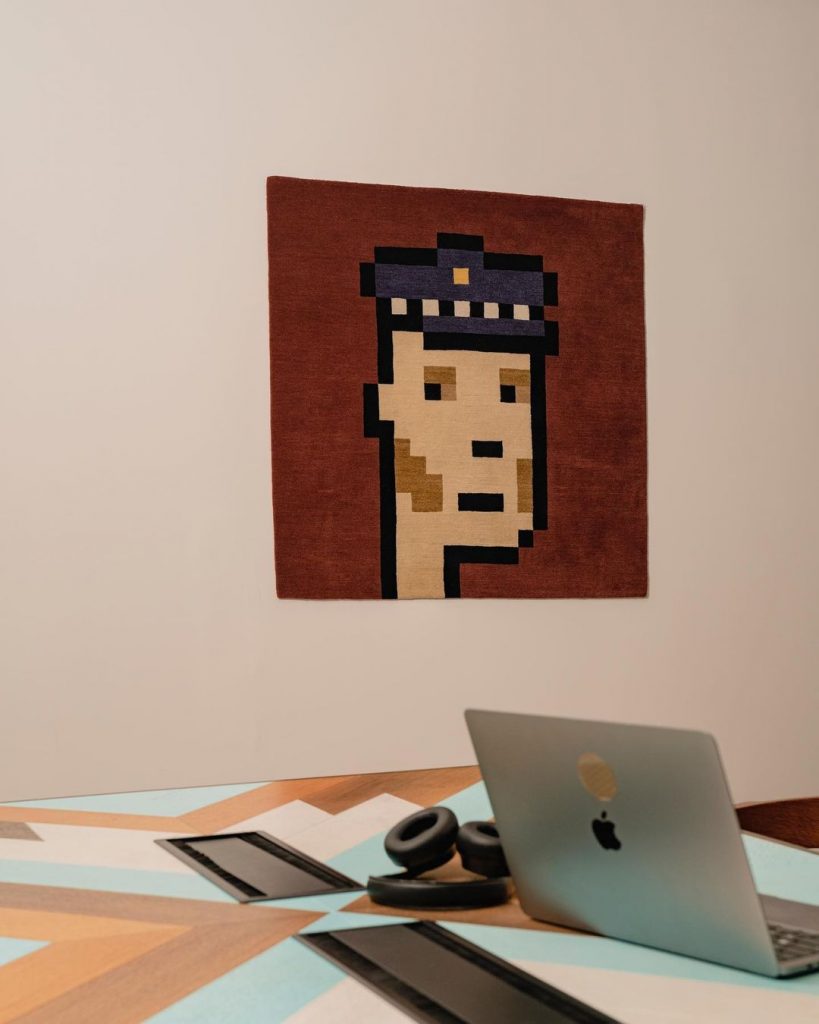
One of my passion projects is Atelier Changphel. Changphel is the name of a type of Tibetan highland sheep’s wool used to create handcrafted rugs. We’ve launched a crossover web3 collection of rugs featuring PFPs: Bored Apes and CryptoPunks. The craftsmen use entirely traditional materials and techniques. You can’t just buy the rugs on the open market, you have to be a Punk or Ape owner. The rugs take two or three months to make. We have exhibited them in physical spaces like the China Arts Academy but also in the metaverse. I’m very proud of the way the project bridges web3 and traditional handicraft, hopefully enlarging the audience for both in the process.
As an NFT advocate, I am also involved with a camera app called Real Cam, which responds to the growing number of PFP projects in the market. I own a few PFPs, including a Punk, although for now my Twitter profile picture is still a selfie. I guess I just prefer it. But for many people in crypto, privacy is extremely important. Real Cam allows users to verify their ownership of NFTs used as editing materials in photos taken through the app. You could just Photoshop their PFPs onto an existing photo, but that’s not very web3: there is no way of verifying ownership.
For the next phase of Real Cam we are planning to introduce more functions that allow users to connect with other people in the web3 community when they’re traveling in specific geographic regions: Dubai or Lisbon or New York. I’m interested in ways of promoting web3 adoption that will attract more people into the space, building up networks and trust. The whole market is going through a correction right now but I definitely believe that, once the dust has settled, a new generation will make their mark with web3. NFTs and the digital arts are going to be the next Gagosian, in my opinion.
—As told to Gabrielle Schwarz
